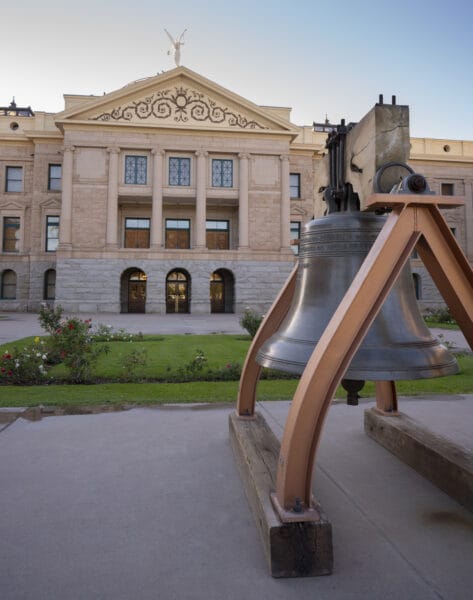
After testing the idea in Phoenix, Milwaukee, and Las Vegas, UnitedHealth is expanding Brenner’s housing program
By John Tozzi | Bloomberg Business Week
In 1986, Congress enacted a law to bar hospitals from turning away patients who are unable to pay. Any hospital with an emergency room that participates in federal health programs must evaluate and stabilize every patient who comes through the door, including those who are uninsured, indigent, addicted to drugs, or mentally ill.
No institution has a similar obligation to ensure that those people have a safe place to sleep. As a society, we’ve effectively decided that people shouldn’t die on the street, but it’s acceptable for them to live there. There are more than half a million homeless in the U.S., about a third of them unsheltered—that is, living on streets, under bridges, or in abandoned properties. When they need medical care or simply a bed and a meal, many go to the emergency room. That’s where America has drawn the line: We’ll pay for a hospital bed but not for a home, even when the home would be cheaper.
Jeffrey Brenner is trying to move that line. He’s a doctor who for more than 25 years has worked largely with the poor, many of them homeless. Recently, his place in the health-care system has shifted. After decades in shoestring clinics and nonprofits, he’s become an executive at UnitedHealth Group Inc., America’s largest health insurer. Brenner is expected to contribute to its bottom line. He plans to do it by giving people places to live.








